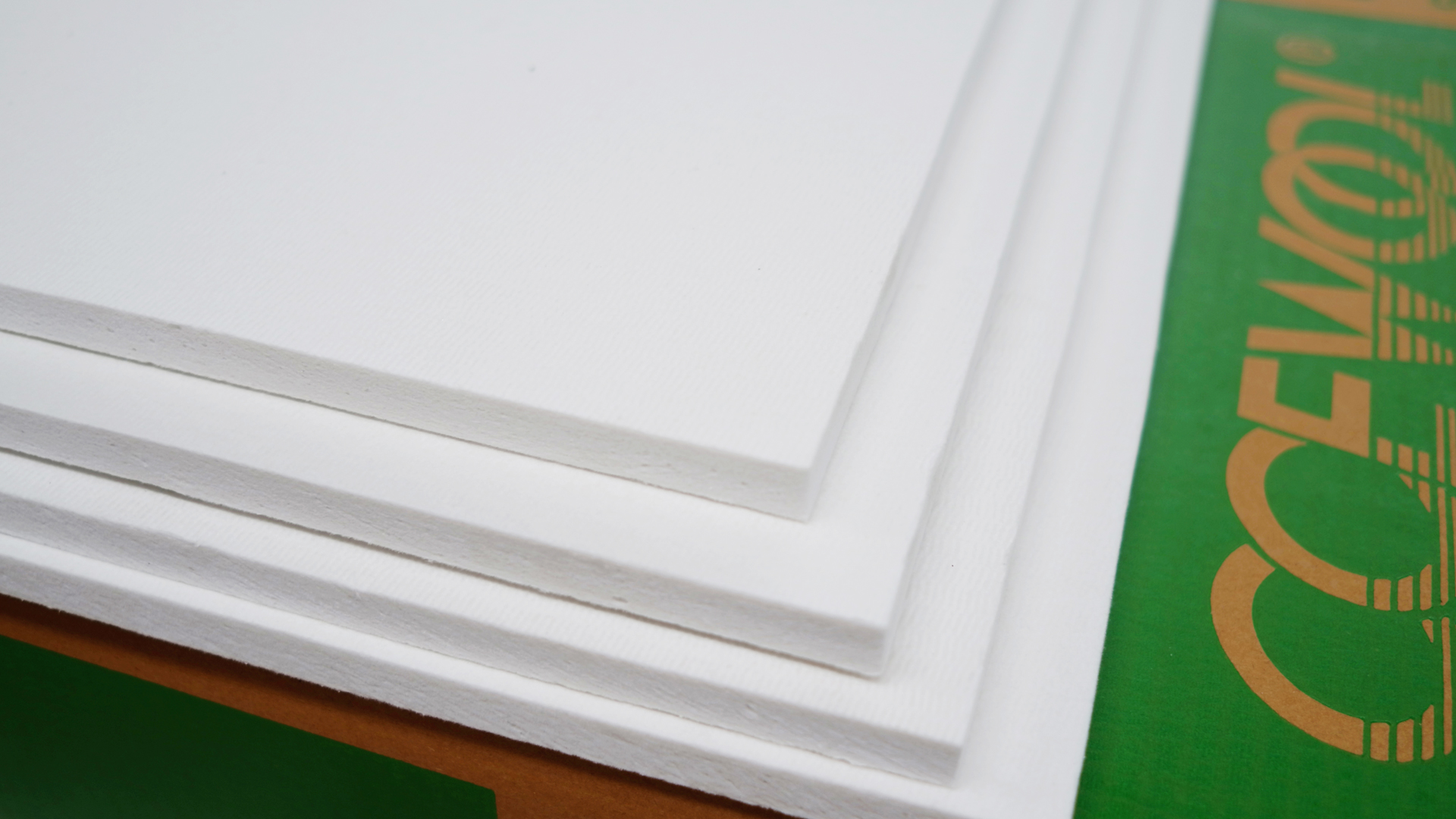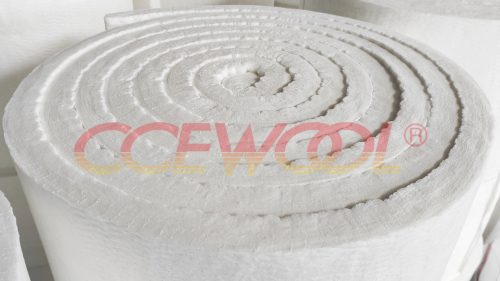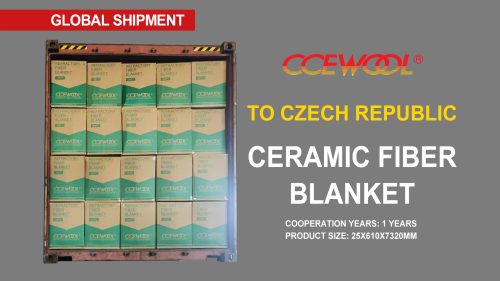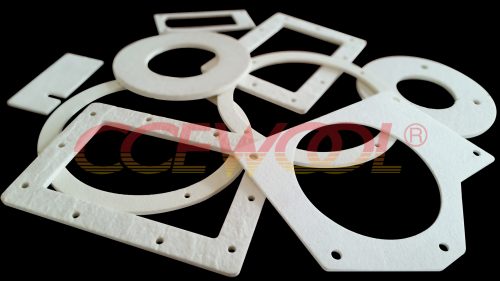What Is Ceramic Insulation Board Used For?
- 26 Mar, 2025
- Industry

In high-temperature industrial applications, ceramic insulation board is widely used for its exceptional thermal insulation, high-temperature resistance, and mechanical strength. It plays a crucial role in reducing heat loss, improving energy efficiency, and extending the service life of industrial equipment. From glass furnaces to metal processing and power generation, CCEWOOL® ceramic insulation board provides reliable insulation solutions for a variety of industries.
Key Applications of Ceramic Insulation Board
- Glass Furnaces - Ensuring Stable High-Temperature Performance
Ceramic insulation board is commonly used in glass furnaces as both hot face and backup insulation. It withstands extreme temperatures, minimizing heat loss and ensuring uniform temperature distribution inside the furnace. This helps improve melting efficiency, reduce fuel consumption, and extend furnace lining lifespan. - Steel and Metallurgical Industries - Enhancing Energy Efficiency
In steel production and metallurgical processes, ceramic insulation board is used in reheating furnaces, ladles, and kilns to maintain high-temperature stability and prevent heat loss. Its high thermal shock resistance prevents damage from rapid temperature fluctuations, ensuring a longer service life for furnace linings. - Petrochemical and Refining Industry - Reliable Heat Containment
Petrochemical plants use ceramic insulation board in high-temperature reactors, heaters, and reformers to protect equipment from heat exposure. Its low thermal conductivity ensures efficient insulation while maintaining structural integrity under extreme conditions. - Power Plants and Boilers - Improving Thermal Efficiency
In power plants and industrial boilers, ceramic insulation board is used as lining for combustion chambers and heat exchangers. It reduces heat transfer to surrounding structures, improves energy efficiency, and ensures safe and stable operation. - Ceramic and Glass Manufacturing - Enhancing Kiln Performance
Ceramic insulation board is essential in kilns and glass manufacturing furnaces, providing consistent insulation and temperature control. This leads to better product quality, improved production efficiency, and reduced energy costs.
Ceramic insulation board is an essential thermal insulation solution for various high-temperature industries, ensuring energy efficiency, equipment protection, and long-term performance. CCEWOOL® ceramic insulation board delivers premium quality and reliability, making it the ideal choice for glass furnaces, metal processing, petrochemical plants, power generation, and ceramic manufacturing.



